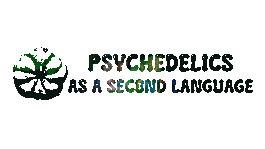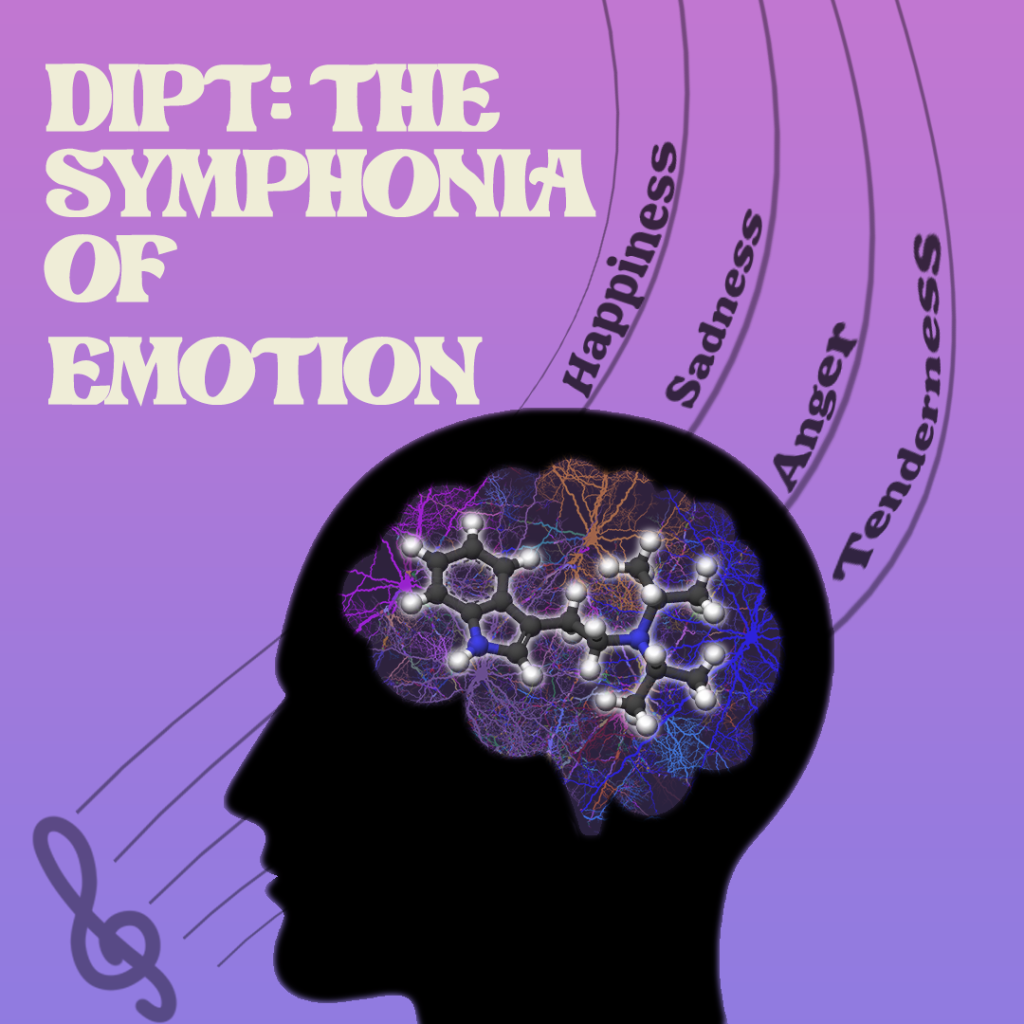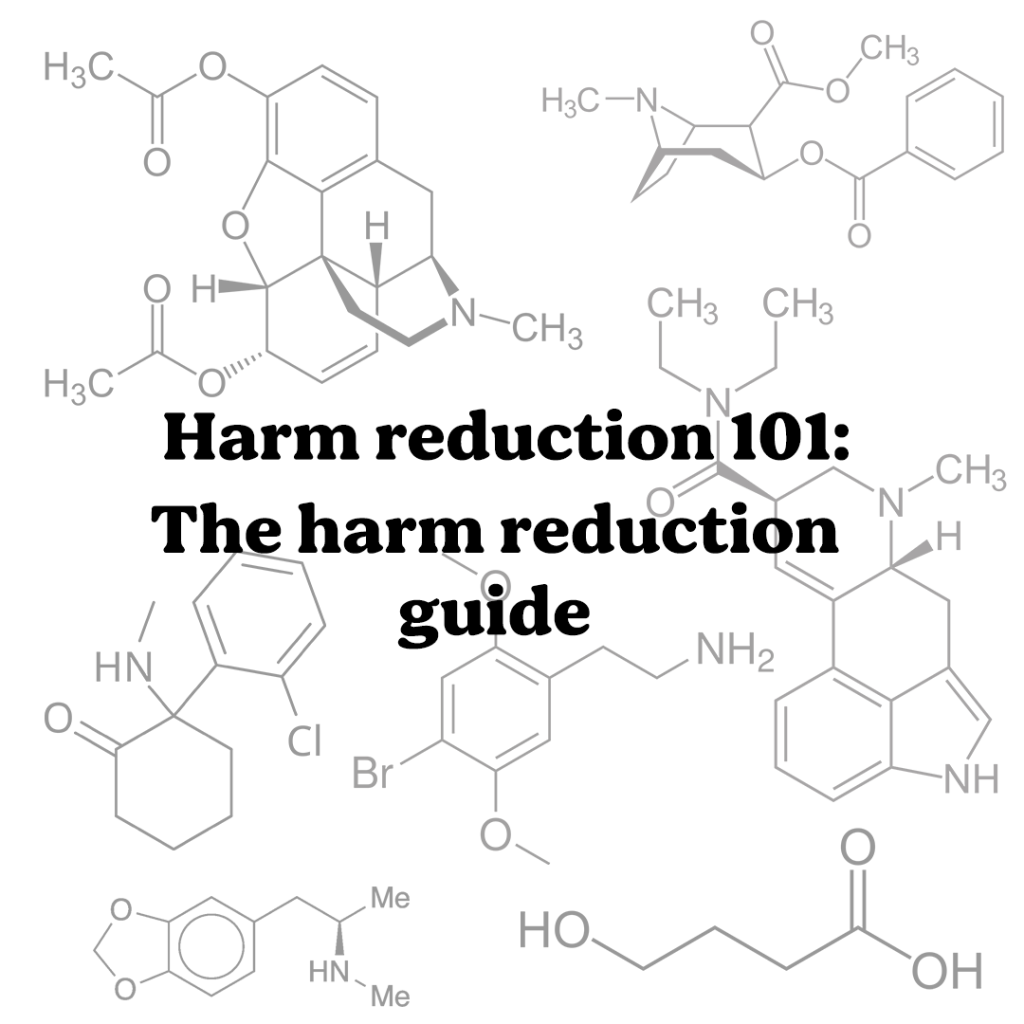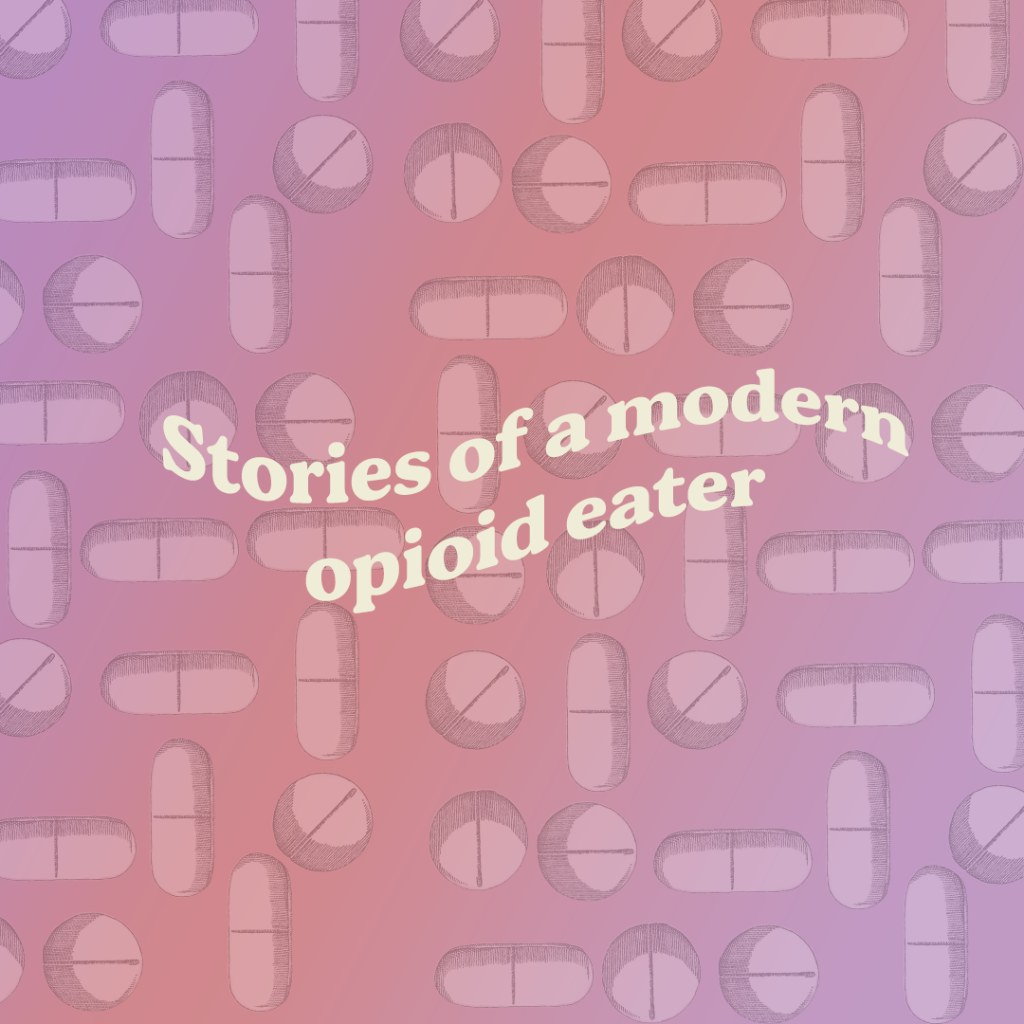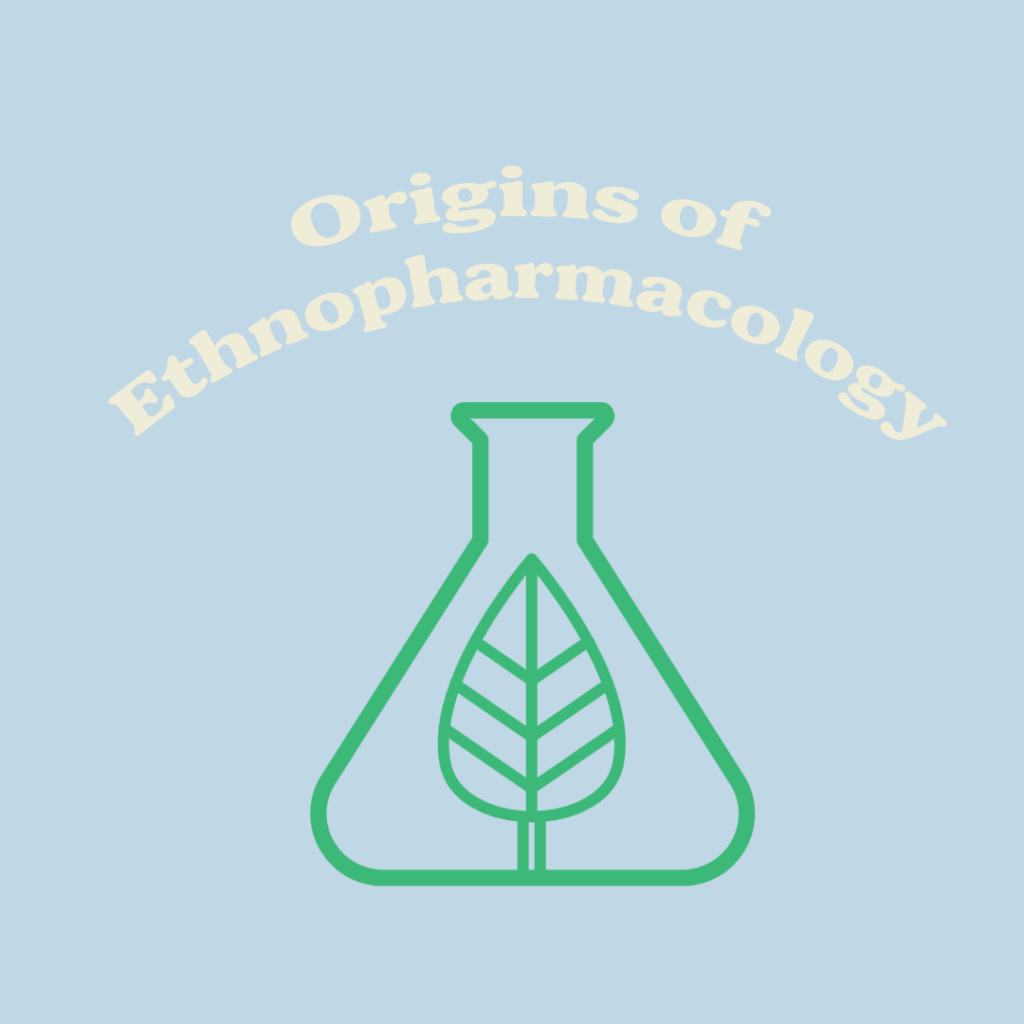Why is DiPT unique and how can it change your perception of sound?
Have you ever wondered how music influences our mood and our brain? Who invented music? Would modulating our perception of sound change the way we hear our favorite musicians? And most importantly, how can someone change their perception of sound?
Millions of people listen to music daily, utilizing terminology from the classical media, we are in a “music epidemic”. Despite not being fairly noticed, music does modulate our feelings and has an impact on our neural networks, reasoning why you will listen to sad songs when you are feeling melancholic, and happy songs when you are in a state of bliss. All those feelings are caused by a change in our brain chemistry.
Now let us hypothesize that one would be able to change how we perceive sound, would that change how we feel about a certain song? Absolutely! Raising the question how would someone do that? To answer that, we dive into Alexander Shulgin’s magnum opus TiHKAL, to a compound under the name DiPT, a compound known for its auditory hallucinations and distortion of sound.
Why is DiPT unique and how can it change your perception of sound? Read More »
